Bolivia is to be treated to a nail-biting run-off this autumn between two conservatives in the race to be the next president after the spectacular collapse of the socialist movement that has dominated the landlocked state for the past twenty years.
A presidential race between two right-wingers is unusual in Latin America whose countries in recent years has been largely run by democratically elected leftists after the fall of the brutal military dictatorships that ruled so many states in the 1970s and 1980s.
The second round of Bolivia’s presidential race will be decided on October 19th between the veteran former President Jorge “Tuto” Quiroga, 65, who gained 26 percent of the poll, and his center-right rival Rodrigo Paz Pereira, 57. Senator Paz Pereira, a relative political unknown, (though his father Jaime Paz Zamora was president in the early 90s), led the race with 32 percent after the first round this weekend, having started with just 3 percent in polls at the outset of the campaign.
But the big loser in the race is the Movimento Al Socialismo (MaS) the left-wing movement that has held power in Bolivia for most of the past two decades. The outgoing MaS President, Luis Arce, a British-educated economist, chose not to risk running again amidst mounting unpopularity, and his fears were borne out when the MaS candidate Luis del Castillo, 36, was reduced to a humiliating 3.15 percent.
MaS is blamed by many for Bolivia’s worsening economic woes, including steadily rising inflation, but the devastating defeat in a country where the left has traditionally enjoyed strong support is a stinging indictment of MaS’s perceived mismanagement.
MaS was also undermined by a bitter dispute between President Arce and his predecessor, the charismatic Evo Morales, Bolivia’s first indigenous Indian president, whose controversial rule ended in 2019 with his exile.
Now back in Bolivia, but forbidden to run again for the Presidency, Morales was accused of having sex with a 15-year-old girl while in office – a charge that he denies. Morales fell out with Arce, who served as his Finance Minister, but says he also fears the consequences of a right-wing presidency. Both Pereira and Quiroga have threatened to arrest Morales if they win.
Morales enjoyed ecstatic support from his own indigenous people, but their patience seems to have run out with the mess that his MaS regime made of the economy. A competent government would be a welcome improvement, especially considering the discovery of large deposits of lithium in Bolivia, a mineral vital in the manufacture of mobiles, laptops and SUVs.
A period of stability and increased prosperity would make a change for a country that has traditionally swung between military dictatorship and democracy. In 1967, the legendary left-wing revolutionary Ernesto “Che” Guevara was hunted down and killed by Bolivian special forces after the Cuban rebel attempted to launch an uprising among Bolivia’s impoverished peasants.
The swing to the right indicated by the result of Sunday’s first round could mean that Bolivia is following Argentina, where President Javier Milei was elected in 2023 on a platform of radical libertarian economic reforms combined with conservative social attitudes.










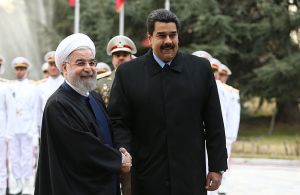

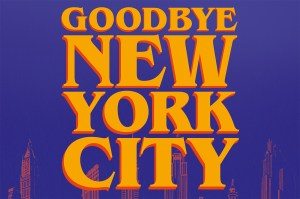
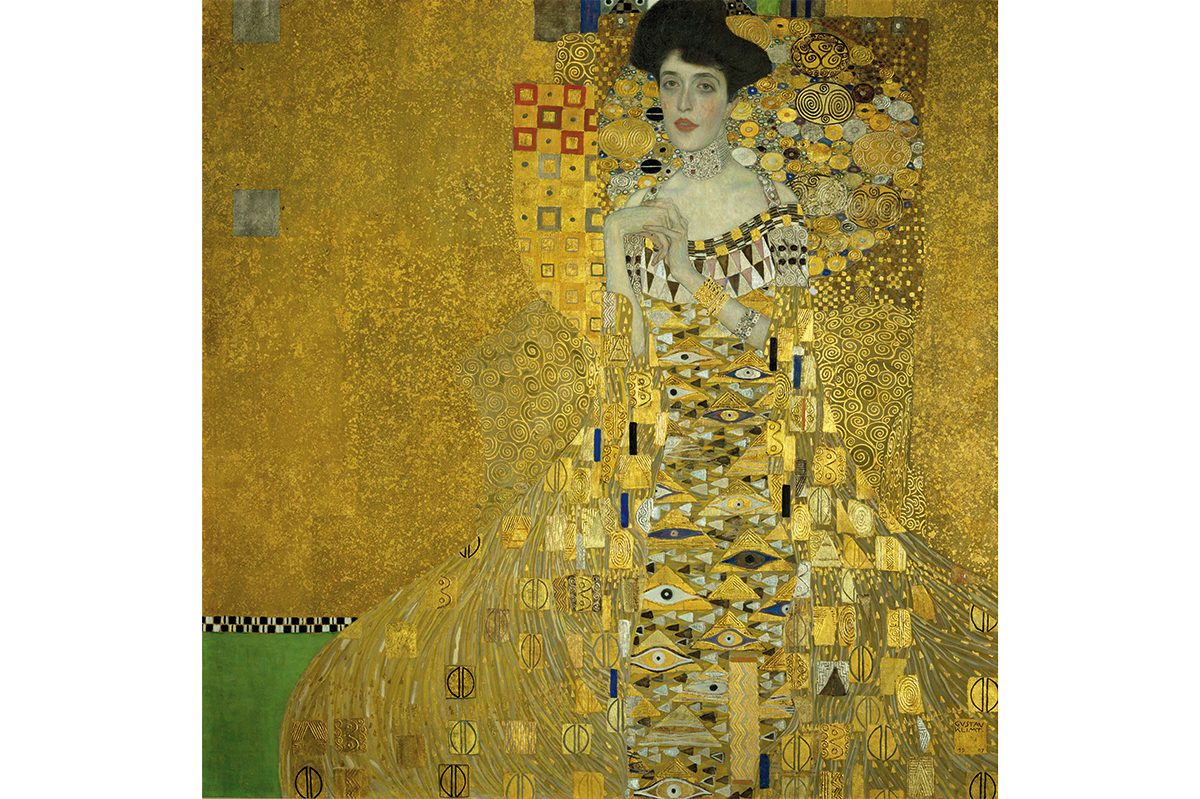
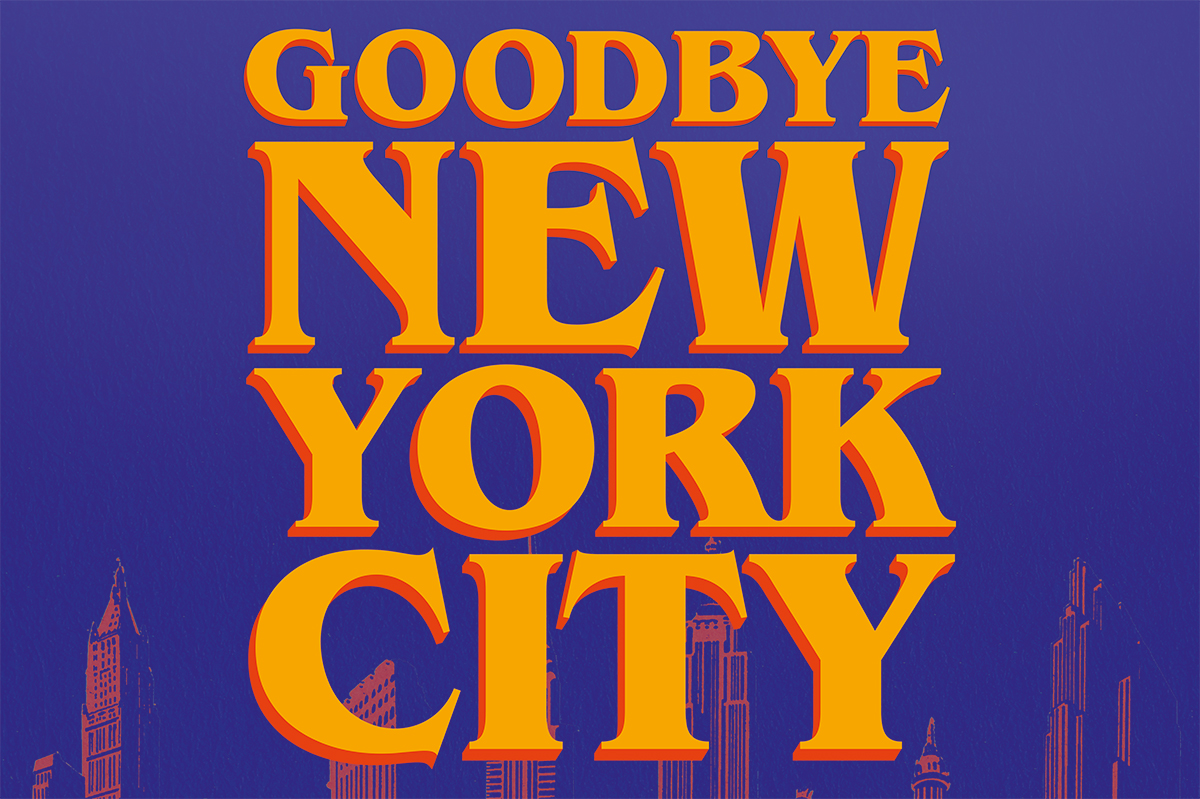
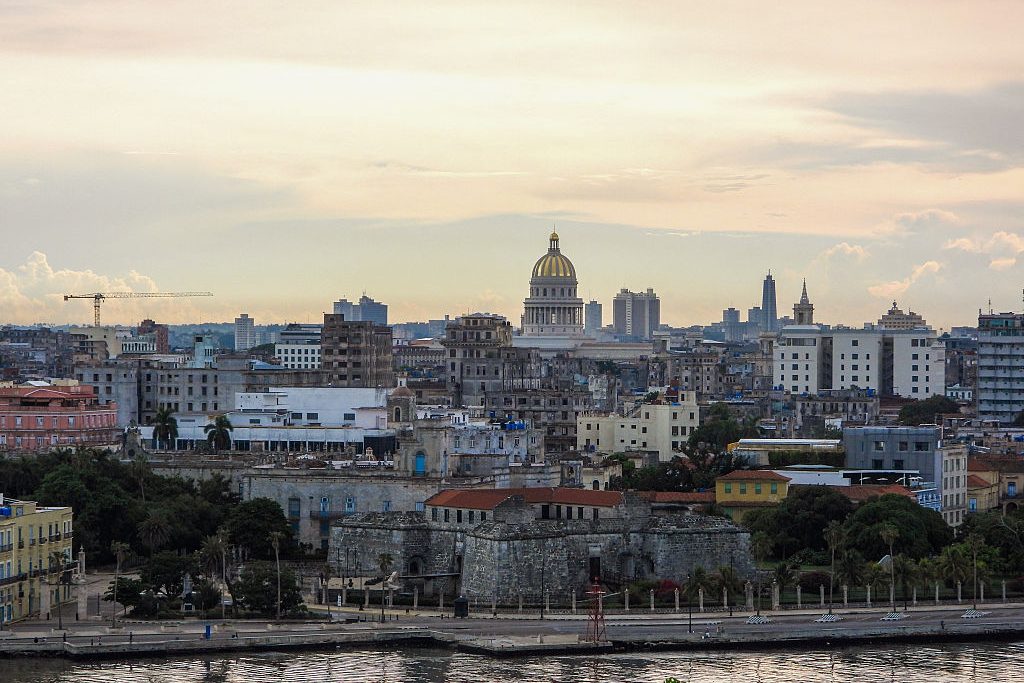
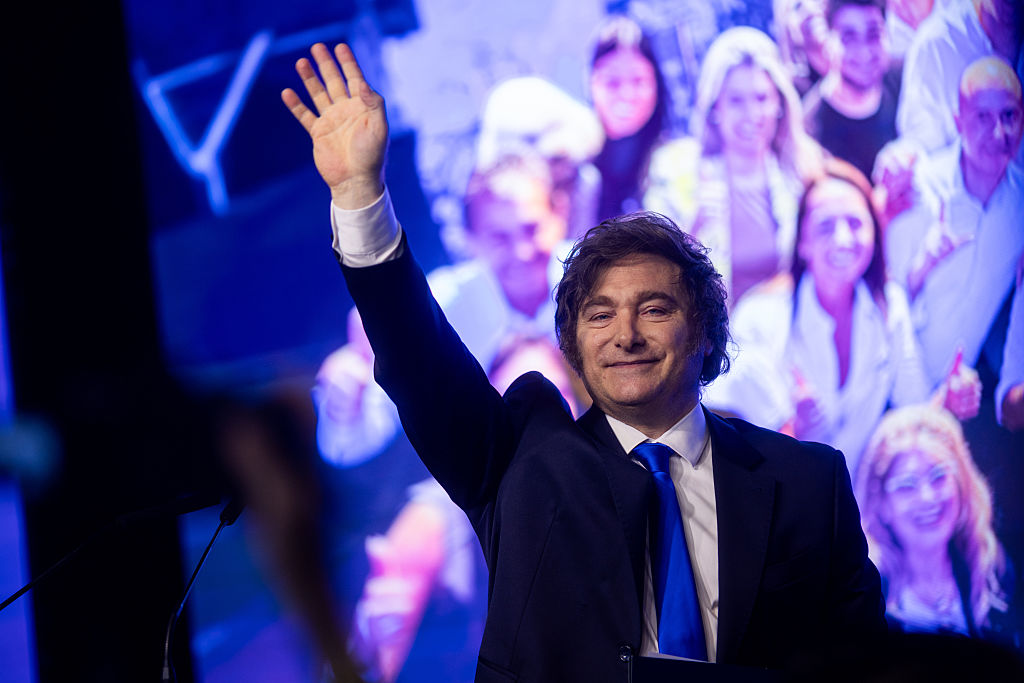
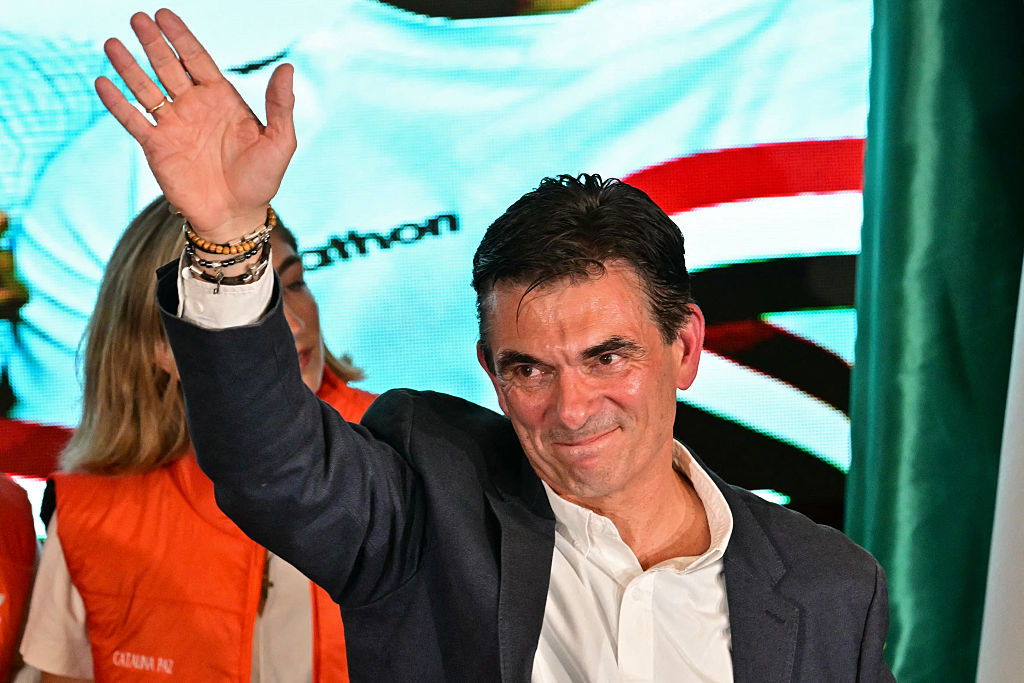
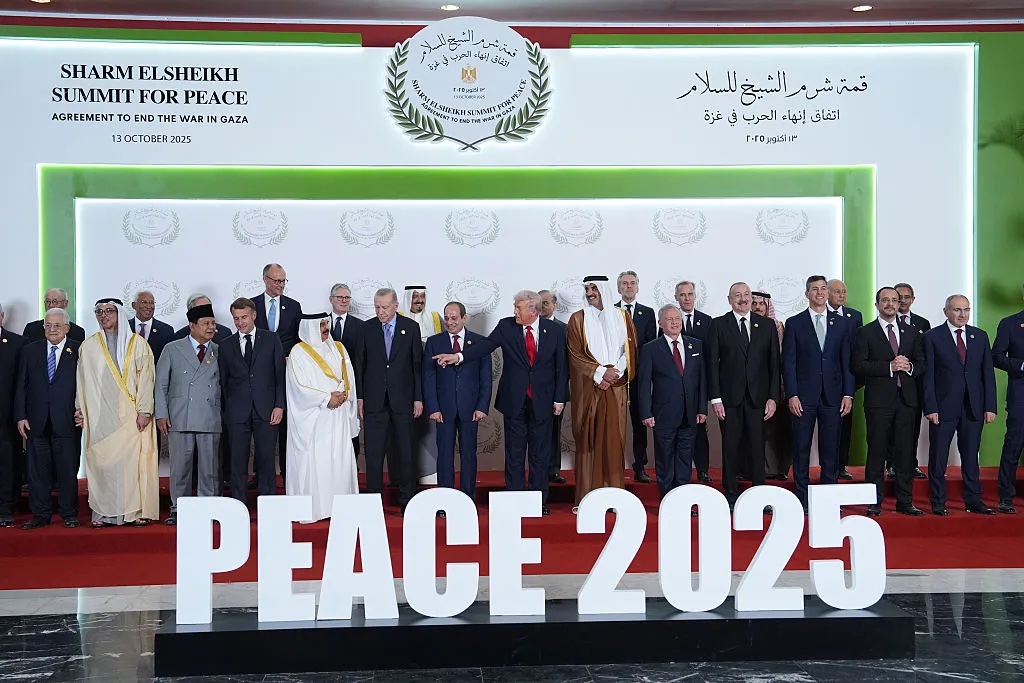







Leave a Reply